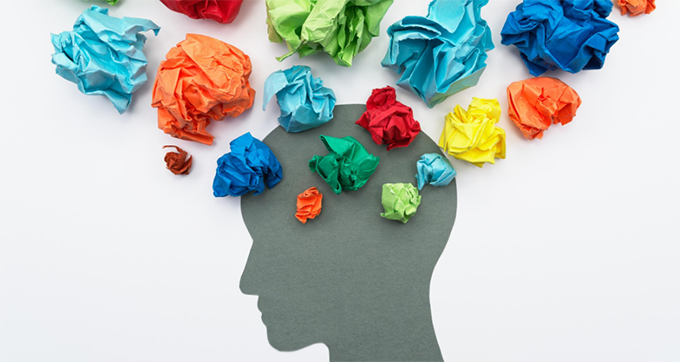
On 11 March 2020, the World Health Organisation announced the COVID-19 outbreak a pandemic of worldwide consequence. Globally, the economic, health and social disruption caused by the pandemic has been, and continues to be, devastating.
Higher education and academia have not been spared from the impact of COVID-19. In Australia alone, it is anticipated that $16 billion in revenue will be lost over the next three years, and there have been widespread job losses across universities. For many academics, the year 2020 has been worrying, financially crippling and overwhelming. The virus has also exposed academic inequalities and has had a heavy impact on vulnerable people.
In our systematic review of the literature, we found studies on resilience in higher education to focus predominantly on three topics:
- how universities as organisations respond to pandemics;
- students’ academic outcomes, knowledge, attitudes, and behaviour; and
- practices around resilience education.
Within the context of higher education and pandemics, academics have historically been cast in one of two roles: either enacting university responses to pandemics, or as ‘workers’ responding at the chalkface. Here, the chalkface refers to remote teaching. Very limited research has focussed on the qualities of resilient academics. Misrecognising or “invisibilising” the specific needs and roles of academics during a pandemic is a significant concern, particularly for specific groups such as early career academics, heterosexual cis-gendered and LGBTQI+ scholars, and culturally and linguistically diverse academics.
In the last 12 months, the individual and collective heroic spirit of many academics has been nothing short of extraordinary. Overcoming the initial hurdles of COVID-19 takes one kind of energy; the resilience needed to remain engaged with the continuing changes and uncertainties is quite another challenge. Sustained resilience requires purposeful strategies.
Prioritizing things other than work–hobbies and family time. I resent that a global catastrophe is being leveraged to somehow force me to increase productivity. If I’m going to keep my sanity intact, work must take a back seat to more pressing daily concerns. – Associate Professor, Singapore
I hired a dissertation coach, joined an online community she created for PhD students, and participated in online writers’ groups and FocusMate. I essentially created a virtual environment to support habits and connections that were formerly provided by my physical, social environment. – PhD candidate, USA
Envisaging the outcome and defining a pathway to achieve this outcome by taking baby steps to allow feelings of success along the way, however small the achievement. – Senior Research Fellow, Australia
The most important “strategy” (if you would like to call it a strategy) was to think about alternative plans to conduct my research under the given circumstances, to discuss these plans with others, to identify the best option, and then to apply this alternative plan. – Professor, Germany
Without a doubt, COVID-19 tested the resilience of higher education and academics. Resilience strategies (like those above) can support academics to develop resilience during the COVID-19 pandemic and in the longer-term recovery from the crisis. These strategies can also help academics reflect on their own evolving academic identities, particularly as the pandemic has the potential to rebalance the three academic missions of research, teaching and service to the field.
Drawing on philosophies of positive psychology and resilience, the aim of our project is to capture reflexive resilience narratives of academics across disciplines, career stages, and global contexts. A series of narrative posts and podcasts will be curated from our data and made available on our website. While we acknowledge the loss of jobs by many, the lack of physical and mental healthcare and the inequalities brought on by the pandemic, the study focuses on qualities of resilient academics. It is a close study of an individual’s thoughts, feelings, and behaviour, with a focus on strengths.
Academics and universities are unlikely to return to the pre-pandemic status quo — we hope that the resilience resources produced as part of our research may help academics, individually and collectively, to forge ahead in times of adversity. Francisco Marmolejo, education advisor of the Qatar Foundation and former global higher education coordinator at the World Bank, observed “We are living in the largest social experiment of our lives”. We need to take this opportunity to learn from each other and to respond and engage together for and in the future.
This project is a collaboration of The University of Melbourne, University of Hong Kong and National University of Singapore, and is funded by Universitas 21. Listen to our first podcast: Welcome and meet the team. For more information about the project, please see our resilient academic website or engage with us via twitter: @resilient_acad. To contribute to this research, please complete a very short survey here.
Author Bio: Marian Mahat is a Senior Research Fellow at the Melbourne Graduate School of Education in the University of Melbourne.
